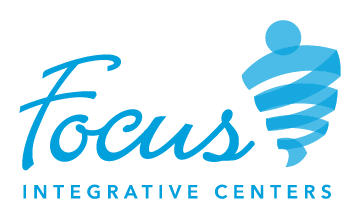How Eating Disorders Affect the Brain
What is Intuitive Eating?
We are born into the world knowing that we eat when we are hungry and we stop when we’re full. We quickly learn what foods we enjoy and what foods we don’t. As we continue to grow, our taste buds evolve, busy schedules and routines affect our meal times, and messages of what’s healthy and what’s not fill our minds.
How to Talk to Someone in Recovery: Advice for Friends and Family
Grocery Shopping in Eating Disorder Recovery
Eating disorder recovery comes with many challenging tasks while adjusting back to life after treatment. For many clients, one of the most challenging is grocery shopping. Grocery shopping is a regular part of daily life, but if you have had an eating disorder or are currently in recovery, the grocery store can often be seen as a place filled with a lot of food and a lot of anxiety; a very stressful combination.
Is Mental Restriction Causing You to Binge Eat?
Do you often have thoughts like, “I shouldn’t be eating this,“ or “I ate too much today, I need to eat less tomorrow.”? If so, you most likely have mentally restricted before. Mental restriction is exactly what it sounds like - putting limitations or shame around food you are eating in hopes to eat less.
Celebrating National Nutrition Month
March is National Nutrition Month! National Nutrition Month (NNM) is a campaign that invites everyone to develop healthy eating habits. But, what does “healthy” mean? This word can be a trigger to some who struggle with an eating disorder. It can also mean so many different things to different people. In the eating disorder recovery community, “healthy” means “balanced”.









